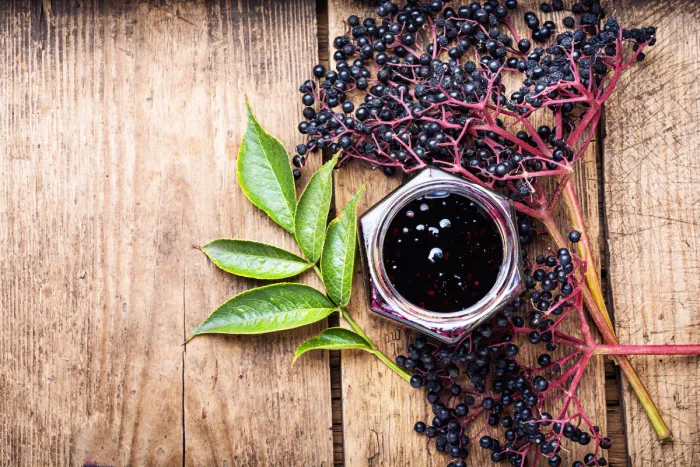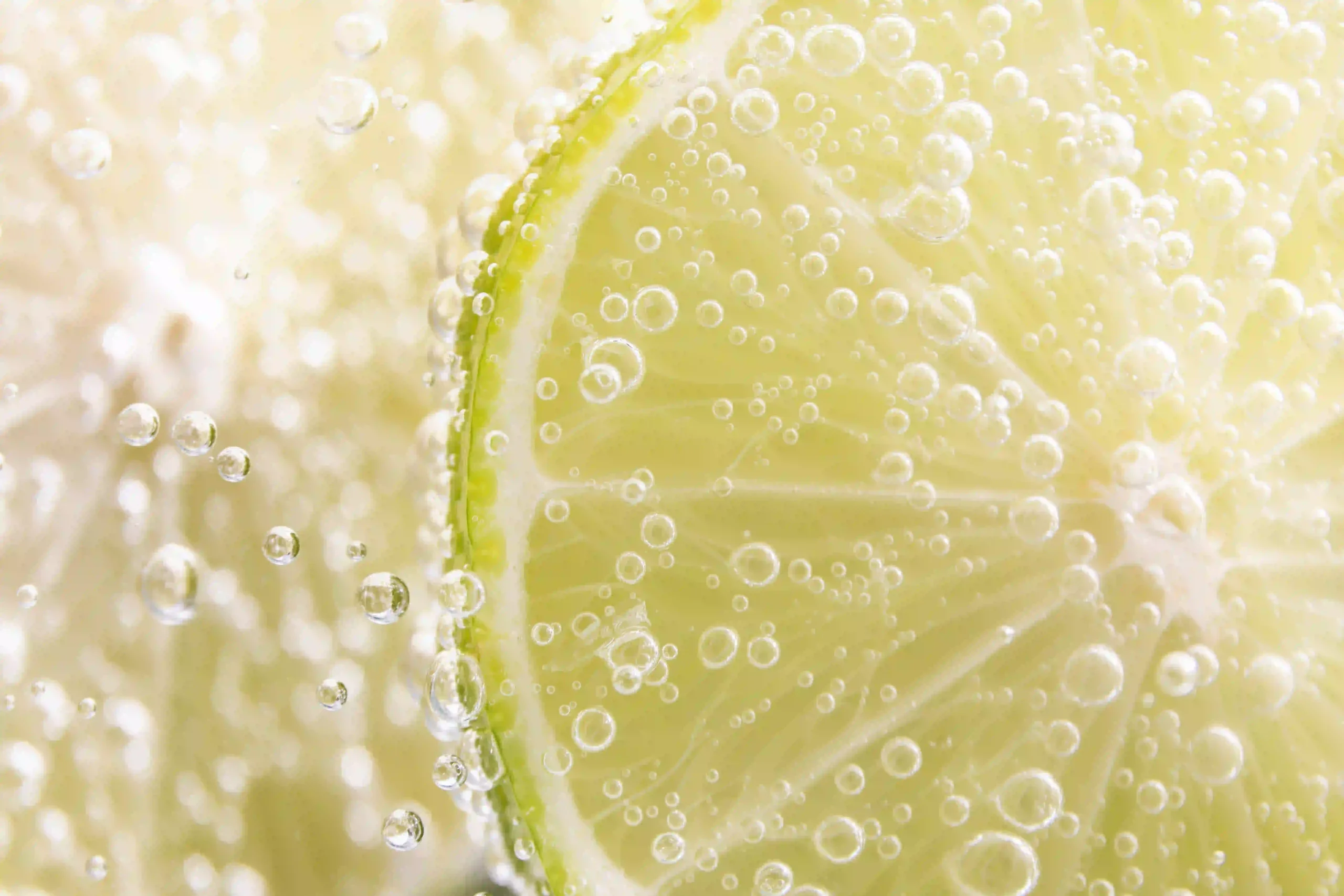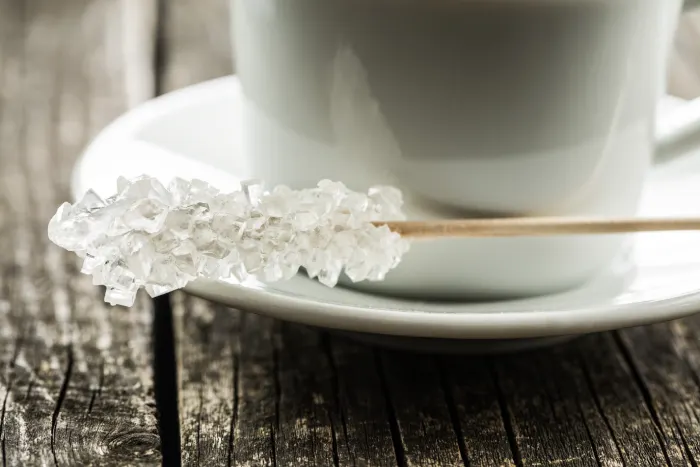You’ve probably heard people call Norovirus as “stomach flu” or “stomach bug,” but what kills norovirus is a question that deserves a more precise understanding. With approximately 2,500 reported norovirus outbreaks each year in the United States alone, understanding what kills norovirus has never been more crucial. This highly contagious virus isn’t related to influenza at all – it’s actually the leading cause of acute gastroenteritis, an inflammation of the stomach and intestines that can leave you feeling absolutely miserable.
Understanding Norovirus: More Than Just a Stomach Bug
When it comes to what kills norovirus, first we need to understand what we’re up against. This mighty troublemaker typically announces its presence 12 to 48 hours after exposure, unleashing a cascade of unpleasant symptoms that can last 1 to 3 days. What’s particularly tricky is that even after you start feeling better, you can still be contagious and spread the virus to others for several days.
Common Symptoms
When infected with norovirus, individuals typically experience a range of severe symptoms including:
- Severe diarrhea
- Frequent vomiting
- Persistent nausea
- Intense stomach pain
You might also experience:
- Fever
- Headache
- Body aches
- Overall weakness

The Role of Nutrition in Fighting Norovirus
Before we explore specific nutrients, it’s important to understand how foods that contain norovirus differ from foods that help fight it. While contaminated foods can transmit the virus, certain nutrients can strengthen your body’s defense mechanisms.
Vitamin A: The Gut Health Guardian
In the quest to understand what kills norovirus, Vitamin A plays a unique role in maintaining your body’s natural defenses. This essential nutrient:
- Supports the health of your intestinal lining
- Helps produce mucus that traps pathogens
- Enhances the function of various immune cells
- Supports tissue repair, which is crucial during recovery
While researching a norovirus vaccine continues, maintaining optimal Vitamin A levels can help protect your gut health. Good sources include:
- Sweet potatoes
- Carrots
- Spinach
- Eggs
- Fatty fish
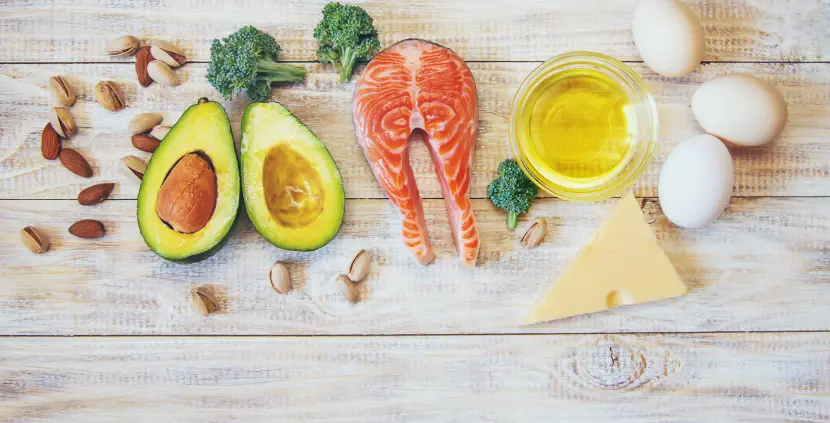
Vitamin C: Your First Line of Defense
When considering what kills norovirus, Vitamin C emerges as a crucial player in your immune defense arsenal. This powerhouse nutrient works on multiple levels to help your body fight viral infections:
- Stimulates the production and function of white blood cells
- Supports the creation of antibodies
- Acts as a powerful antioxidant to reduce inflammation
- Helps maintain the integrity of your gut lining, which is particularly important since norovirus targets your digestive system
The recommended daily intake during viral infections may need to be higher than usual, but it’s essential to consult with healthcare professionals for personalized advice. While no direct link between Vitamin C and norovirus has been conclusively established, thousands of research studies have demonstrated its beneficial role in supporting immune function. Natural sources include citrus fruits, bell peppers, strawberries, and leafy greens.
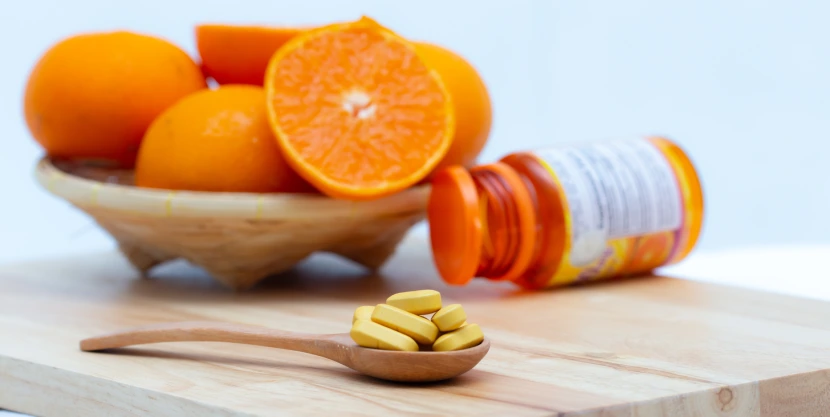
Vitamin E: The Protective Shield
Although less discussed when considering what kills norovirus besides bleach, Vitamin E is a powerful antioxidant that supports your immune system by:
- Protecting cell membranes from damage
- Supporting immune cell function
- Reducing inflammation during infection
- Working synergistically with Vitamin C for enhanced protection
Natural sources of Vitamin E include:
- Nuts and seeds
- Avocados
- Olive oil
- Sunflower seeds
- Almonds
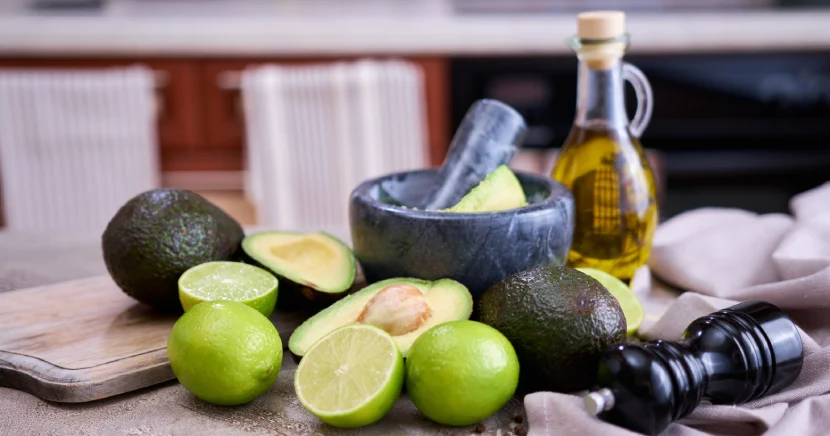
Zinc: The Immune System Booster
Another critical nutrient when exploring what kills norovirus is zinc. This mineral has shown remarkable potential in supporting immune function and reducing the severity and duration of viral infections. Here’s how zinc helps:
- Supports the development and function of immune cells
- Helps maintain the integrity of your gut barrier
- Acts as an antioxidant to protect cells from damage
- May help reduce the duration of digestive symptoms
While there’s no specific norovirus test that can tell you your zinc status, maintaining adequate levels through diet or supplementation under professional guidance can be beneficial. Foods rich in zinc include:
- Oysters and other seafood
- Lean meats
- Pumpkin seeds
- Legumes
- Whole grains
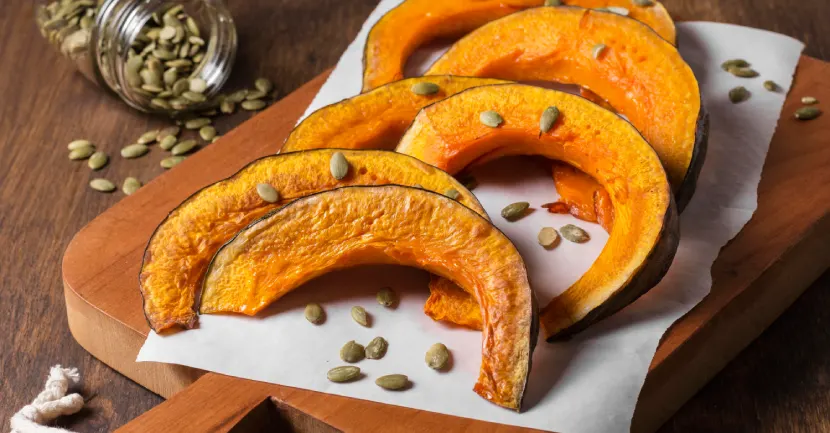
Safe Food Sourcing: A Critical Balance
While we’ve discussed what kills norovirus through nutritional support, it’s crucial to address an important paradox: many of the nutrient-rich foods we’ve recommended can actually be common vehicles for norovirus transmission if not properly sourced and handled. In fact, norovirus stands as the leading cause of food-related outbreaks in the United States, responsible for approximately 50% of all food-related illness outbreaks.
Understanding High-Risk Foods
Let’s take a closer look at some nutritious foods that require extra attention:
Leafy Greens
While these vitamin-rich vegetables are excellent for immune support, they’re also frequently implicated in norovirus outbreaks. When sourcing greens:
- Choose pre-packaged salads from reputable suppliers
- Consider cooking leafy greens when possible during high-risk periods
- Thoroughly wash all fresh produce, even pre-washed varieties
Fresh Fruits
Despite being excellent sources of vital nutrients like Vitamin C, fresh fruits can become contaminated:
- At their source through contaminated irrigation water
- During harvesting and processing
- Through improper handling during preparation
Shellfish (particularly oysters)
While oysters are one of the best sources of zinc, they require special consideration:
- Only purchase from certified suppliers
- Avoid raw shellfish during periods of increased outbreak risk
- Ensure proper cooking temperatures when preparing at home

Smart Shopping and Food Handling
To safely obtain the nutrients we’ve discussed while minimizing what kills norovirus risk:
Source Selection
- Purchase from reputable retailers with proper food safety certifications
- Pay attention to food recalls and local health department alerts
- Consider frozen alternatives during high-risk periods, as they’re often flash-frozen at peak freshness
Home Food Safety
- Wash hands thoroughly before and during food preparation
- Keep raw and ready-to-eat foods separate
- Clean and sanitize food preparation surfaces frequently
- Store foods at proper temperatures
Restaurant Awareness
Since many outbreaks occur in food service settings, be mindful when dining out:
- Check restaurant inspection scores
- Avoid establishments with poor hygiene practices
- Be cautious with raw or minimally processed foods during peak outbreak seasons
Conclusion
While exploring what kills norovirus, it’s clear that proper nutrition plays a vital role in supporting your body’s natural defenses. Each nutrient we’ve discussed contributes uniquely to your immune system’s ability to fight off this persistent virus.
Remember, the fact for norovirus that’s most important is that prevention and proper immune support are your best allies. While there’s no magic bullet, maintaining optimal levels of these essential nutrients can help support your body’s natural defense mechanisms.
Disclaimer: The nutritional supplements mentioned in this article are for reference only. Please consult healthcare professionals for proper medical advice and treatment.
